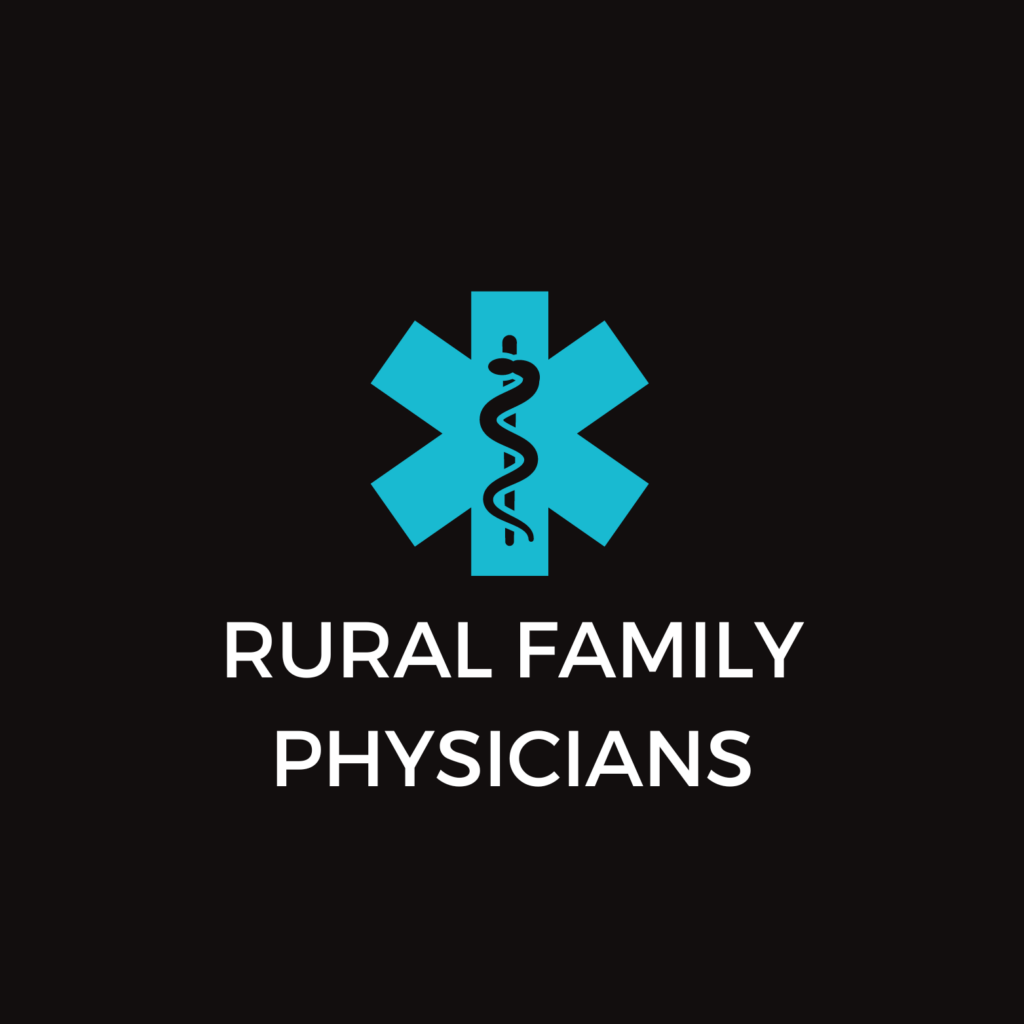February CEO Update: Policy Institute 2017
 This month, I had the opportunity to visit our nation’s capital and I have to admit I’m a bit of a geek when it comes to exploring our history. Just having the opportunity to stand and walk through the same halls used by the great people that have developed our country is truly a privilege.
This month, I had the opportunity to visit our nation’s capital and I have to admit I’m a bit of a geek when it comes to exploring our history. Just having the opportunity to stand and walk through the same halls used by the great people that have developed our country is truly a privilege.
Why was I in Washington DC, might you ask? Each year the National Rural Health Association (NRHA) hosts a Policy Institute as an opportunity for rural communities to come together to advocate and educate our nation’s policy makers on the #powerofrural and #yourvoicelouder on the happenings in rural communities. During our visits on the hill, CRHC used the CRHC’s 2017 Snapshot of Rural Health along with individual district packets, iCARE fact sheet and Affordable Care Act (ACA) fact sheet to share the rural story, opportunities and struggles. CRHC highlighted the positive parts of the ACA for rural – the uninsured rate in rural Colorado went from 20% to 12% between 2008 and 2014 and uncompensated care decreased, while primary care visits increased. We reviewed the areas we’d like to see change – premiums need to be addressed since they increased significantly and high deductible plans prevented some rural Coloradans from utilizing their insurance and made care inaccessible for others and the ACA has had a mixed impact on the financial sustainability of rural Colorado’s healthcare facilities. Additionally, we discussed the importance of having a repeal plan in place before repealing the ACA, highlighting the need to restore cuts to rural hospitals that are impacting CAHs and RHCs and their ability to be viable, such as sequestration, reversal of bad debt reimbursement cuts, permanent extension of current low-volume and Medicare Dependent Hospital payment levels, reinstatement of Sole Community Hospital “Hold Harmless” payments, extension of Medicaid primary care payments, elimination of Medicare and Medicaid DSH payment reductions, establishment of meaningful use support payment for rural facilities struggling to maintain meaningful compliance and permanent extension of the rural ambulance and super-rural ambulance payment. A potential solution for struggling CAHs was discussed; a new model that a CAH could convert into if the community cannot maintain a hospital in their area; called the Save Rural Hospitals Act. According to data just released by iVantage, we have twelve rural hospitals that are operating in the red and are at risk of closure. With healthcare being one of the top three employers in rural communities, this means real jobs and the economy of the community we are fighting for, not just healthcare.
We also discussed a review of the RHC regulations that stand in the way of offering true integration of care such as payment for community health workers and care coordinators, allowing nurse practioners and physician assistants to operate at the top of their license without the restrictions of supervision getting in the way of patient care, payment for telemedicine including allowance of an RHC to be an originating site, and removal of the signage requirements for bringing specialists into the CAH or RHC (so it doesn’t cost you capital expenses to accommodate dentists, cardio, mental/behavioral health specialists, etc. into your community), the removal of the rule that space needs to be carved out the RHC for these activities to occur meaning that if you are an RHC you cannot count the space that a specialist is serving the community as part of the cost report. Finally, we discussed the need for payment reform including an increase in the RHC encounter rate to cover what it actually costs to provide care. The Colorado delegation is highly committed to ensuring rural communities continue to survive and do not want to see closures of hospitals or clinics in our great state.
When most of Colorado’s payer mix is Medicare and Medicaid, we need assistance to serve our community. We cannot continue to serve on a decreasing payment. Rural communities serve older, sicker and poor patients. By 2018, rural Colorado communities for age 65 and older is projected to grow almost 10% from 16.4% to 24.4% and currently 40% of Coloradoans over the age of 80 live in rural Colorado. We know that as you age you have more health issues including chronic disease the types of jobs tend to be more dangerous in rural vs. urban, and the median household income is 26.9% lower than urban. Remember, CAHs and RHCs were established to help ensure access to care in rural communities.
Now, more than ever, we need to work together to solve the issues that exist in order to be successful sustaining rural health. CRHC is committed to sustaining rural healthcare and have several ways in which you can engage – Policy and Legislative Committee meetings, Improving Communications and Readmissions (iCARE) program, HIT Services (report writing, business analytics, data assessment, remote monitoring, policies and procedures, special project assistance, HIPAA Risk Analysis, Ongoing Meaningful Use Assistance, educational webinars), Workforce recruitment, RHC healthy clinic assessments and Healthcare Awareness for Rural Communities (HARC) population health data. Tell your story and make your voice heard and together we will sustain rural health.
Visit our Policy and Advocacy webpage to learn more about getting involved, and to watch members tell their unique stories in our video series.



